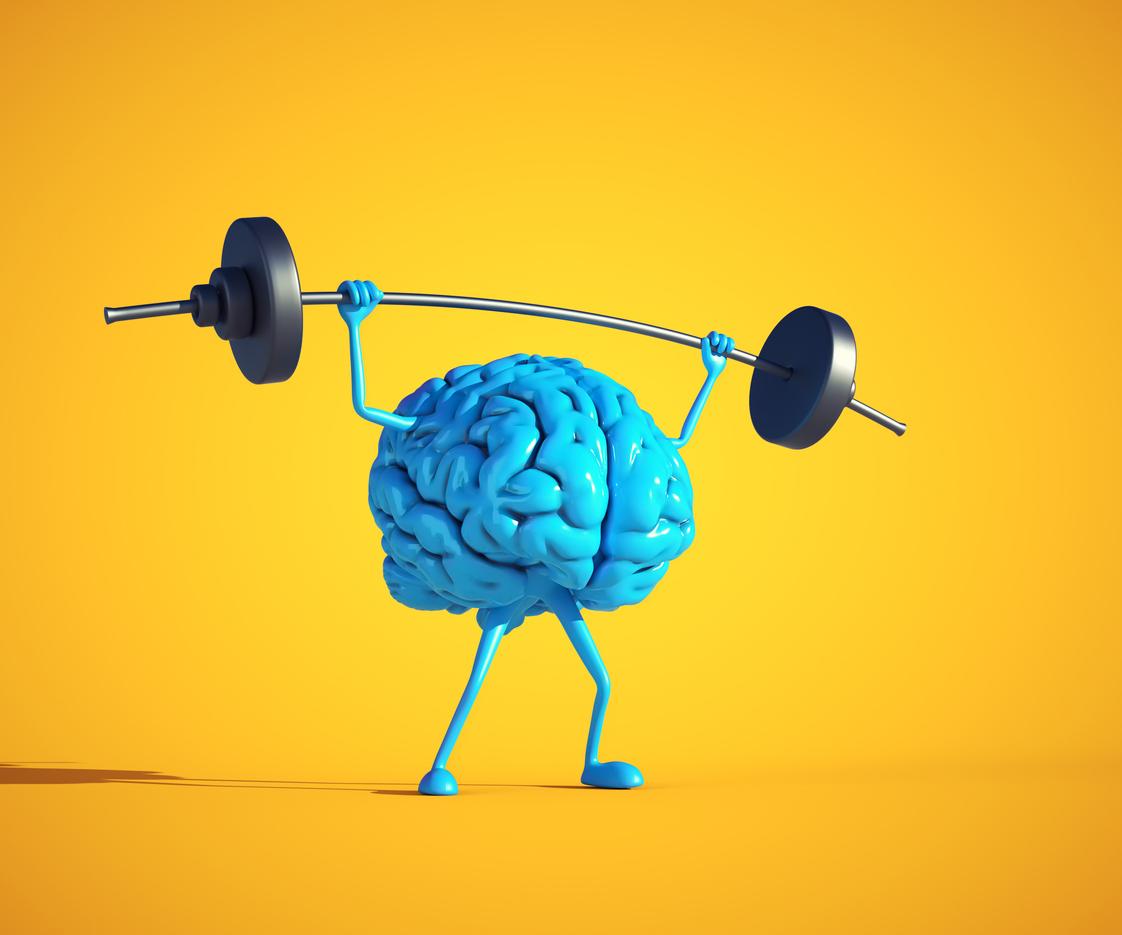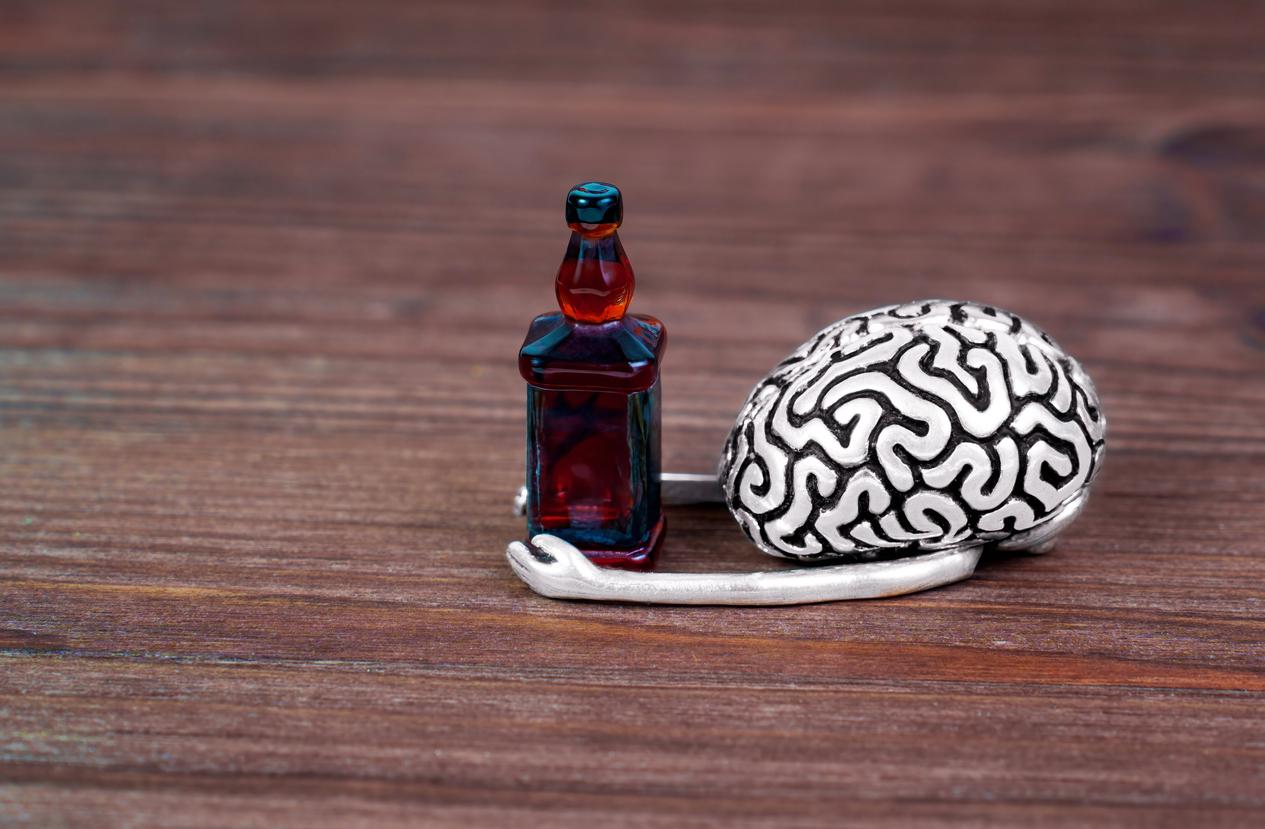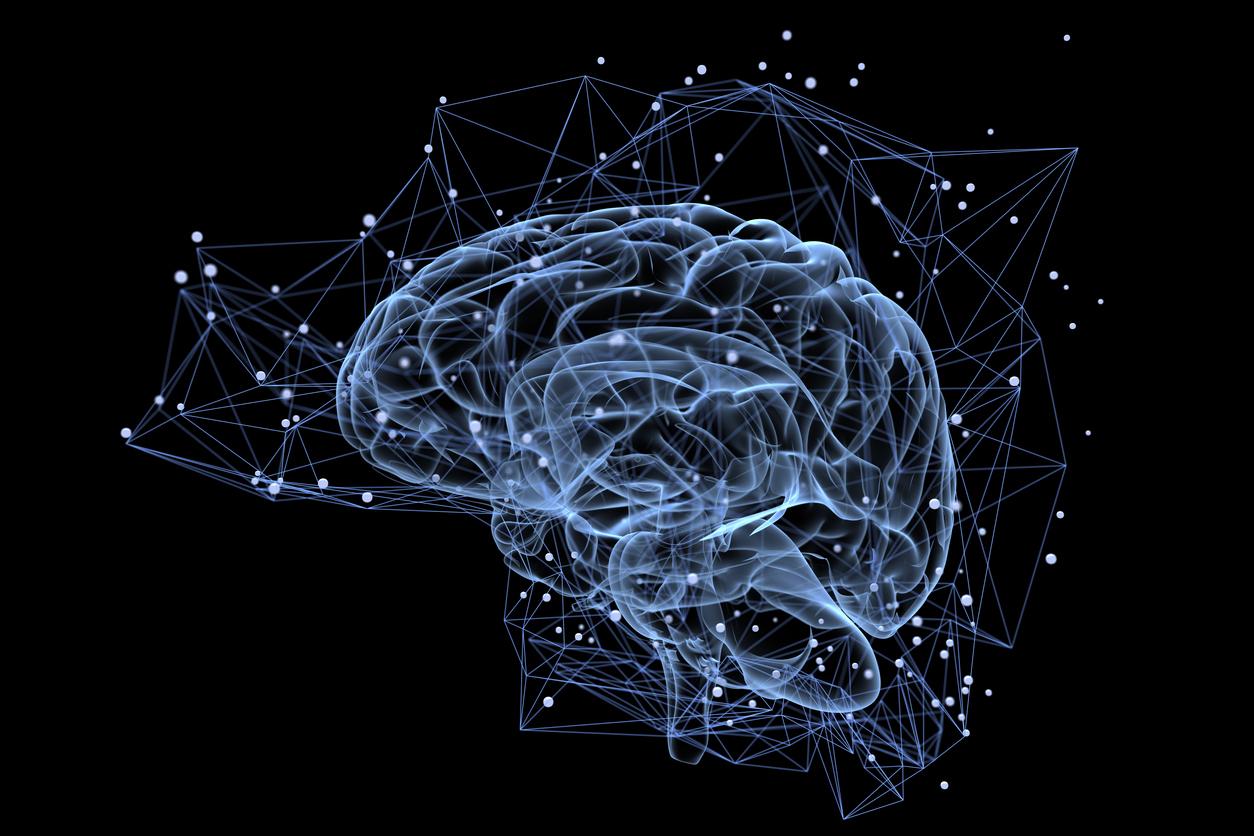Fatigue, insomnia, hot flashes, irritability… When these symptoms manifest themselves severely, they can have a negative impact on the cognitive functions of menopausal women.

- In one study, 15.3% of women with mild cognitive impairment had more severe menopausal symptoms than those without cognitive impairment.
- The results suggest a protective effect on cognition of lower body mass index, higher education level, physical exercise, use of hormone therapy, and sexual activity.
- According to the authors, this study highlights the complex interaction between hormonal, lifestyle and sociodemographic factors and cognitive health.
Menopause is a natural phenomenon, which usually occurs between the ages of 45 and 55. It occurs when the ovaries stop secreting hormones (estrogen and progesterone) and the formation of an egg each month. In a new study, published in the journal MenopauseSouth American researchers evaluated the link between menopausal symptoms, namely hot flashes, sleep and mood disturbances, fatigue and irritability, and cognitive decline in female patients.
Menopause: increased risk of mild cognitive impairment with severe symptoms
To carry out the work, they recruited 1,287 postmenopausal women, with an average age of 55, from nine Latin American countries. They had an average body mass index of 26.3 kg/m2. On average, the participants had received an education of 13.8 years and 72.8% of them reported having a partner. In addition, 36.7% of the volunteers had already used menopausal hormone therapy. Regarding lifestyle factors, 50.3% had a sedentary lifestyle, while 70.5% had never smoked. The patients had to fill out a questionnaire to assess menopausal symptoms. “A score below 21 on the Montreal Cognitive Assessment was used to define women with mild cognitive impairment,” can be read in the research.
According to the results, 15.3% of women with mild cognitive impairment had significantly more intense menopausal symptoms than those without cognitive impairment. Conversely, lower body mass index, sexual activity, physical exercise and higher education level were associated with a lower risk of mild cognitive impairment. “It is not known whether effective treatment of hot flashes with hormone therapy or other approved therapies can help improve cognition in the form of memory, attention, language, and executive function,” the authors said.

A complex interaction between lifestyle, sociodemographic and hormonal factors
Based on this research, the team concluded that there is a complex interplay between hormonal, lifestyle and sociodemographic factors involved in cognitive health. The scientists emphasize that targeted interventions could protect and preserve cognitive function in postmenopausal women.

















